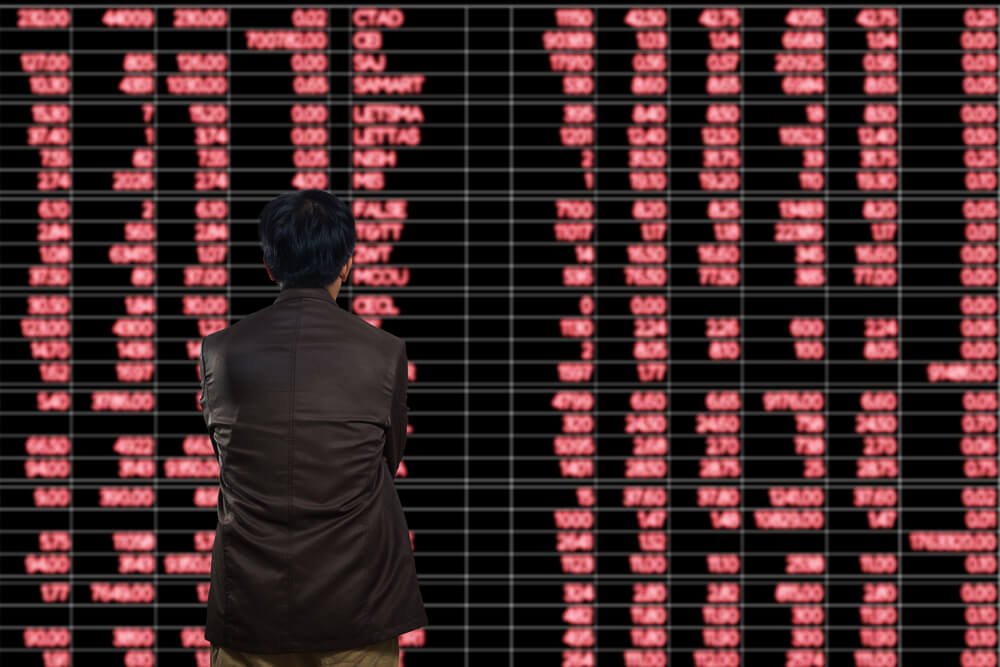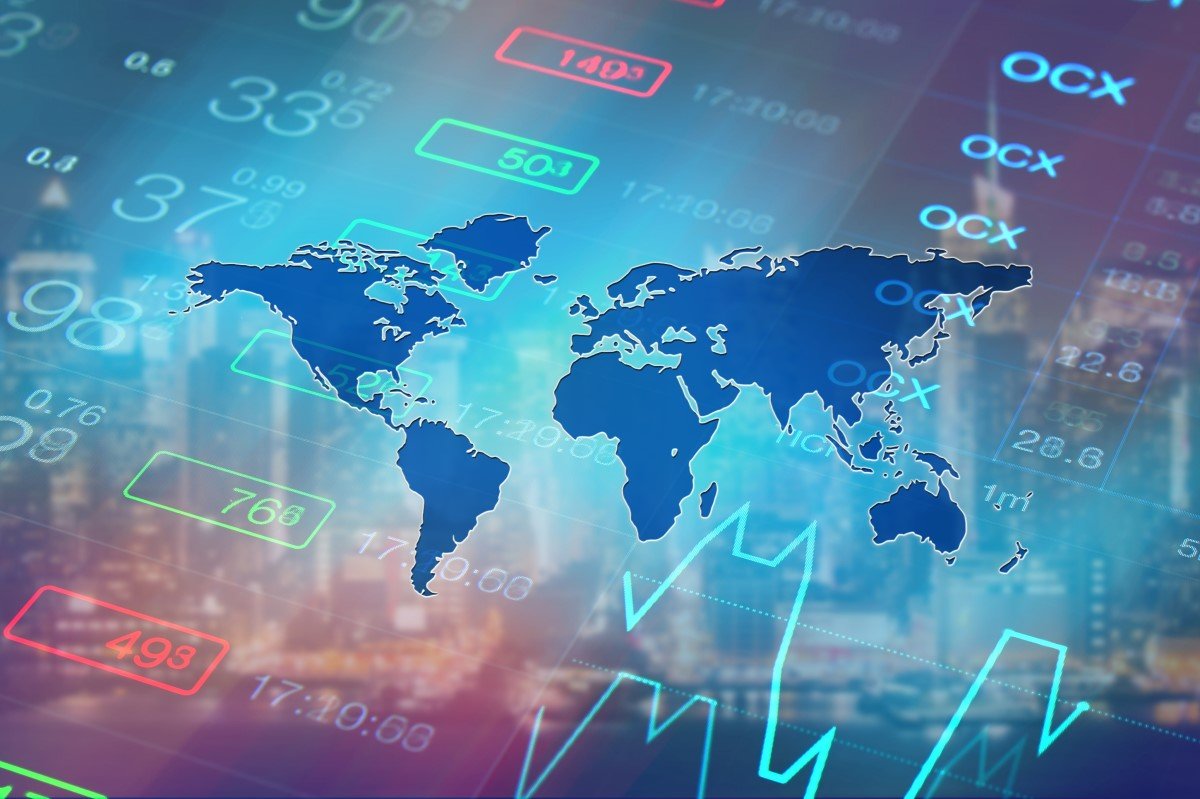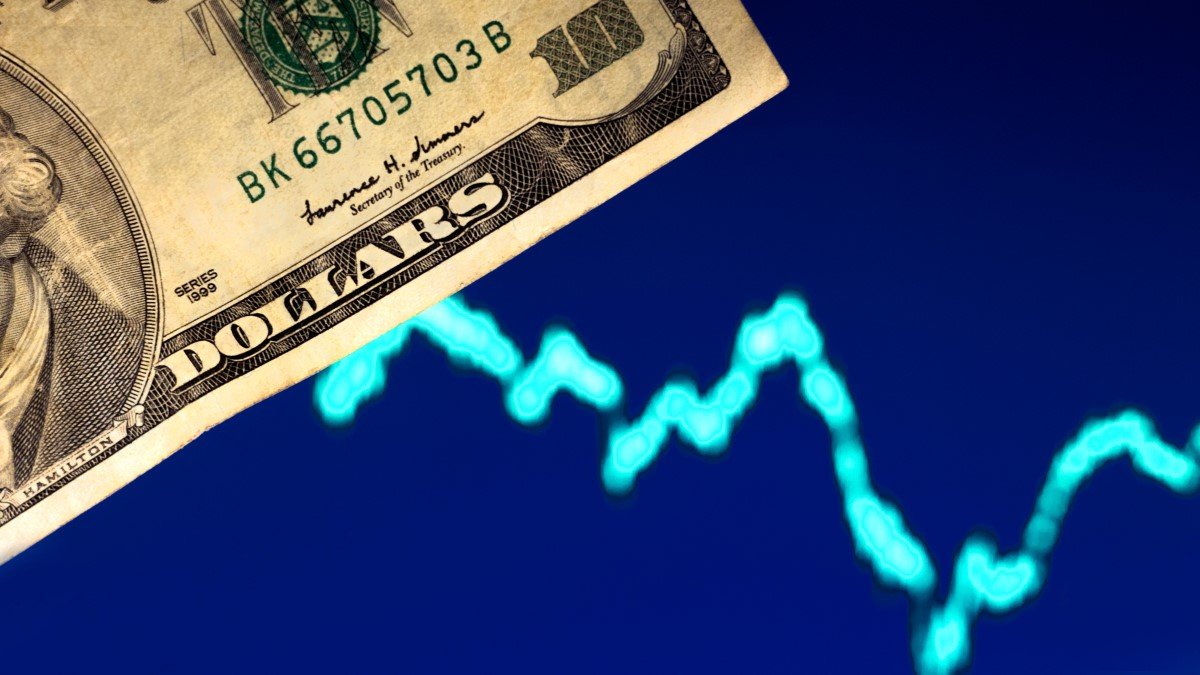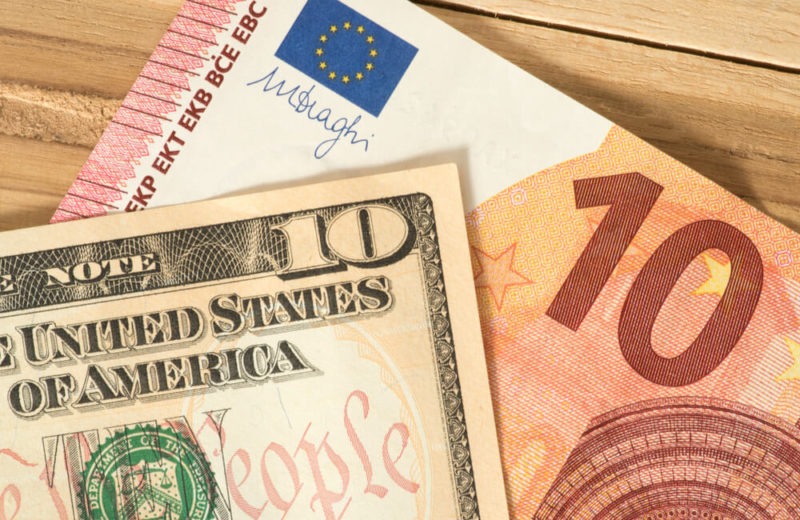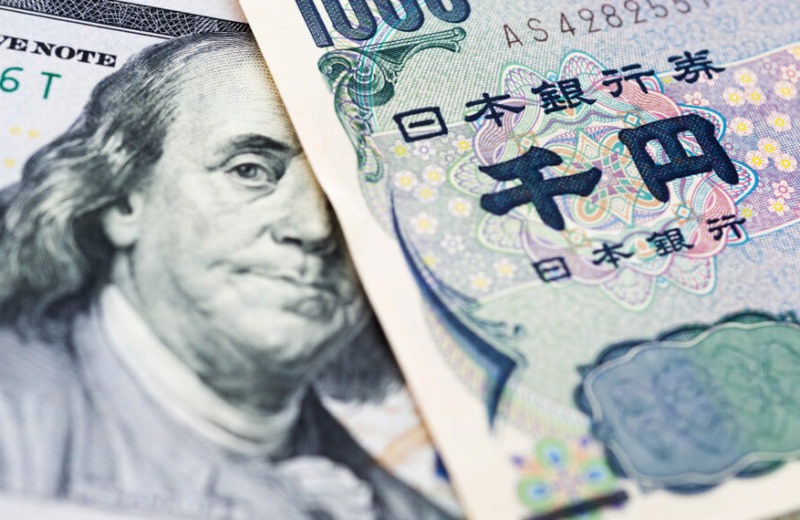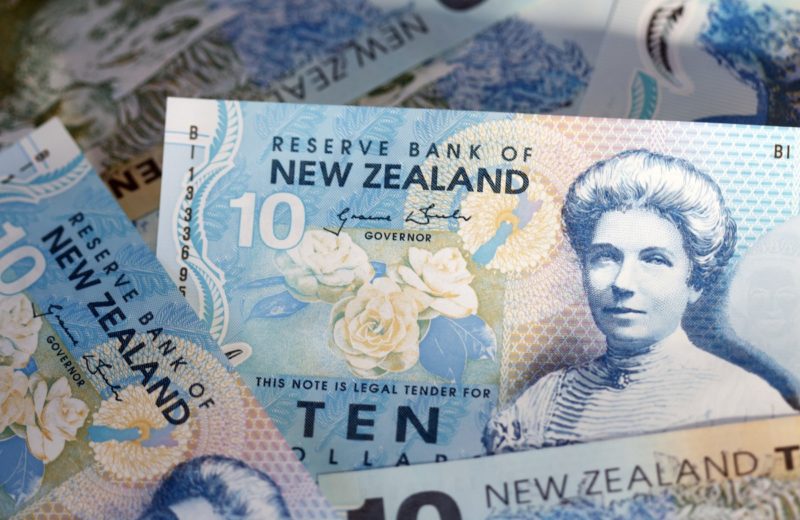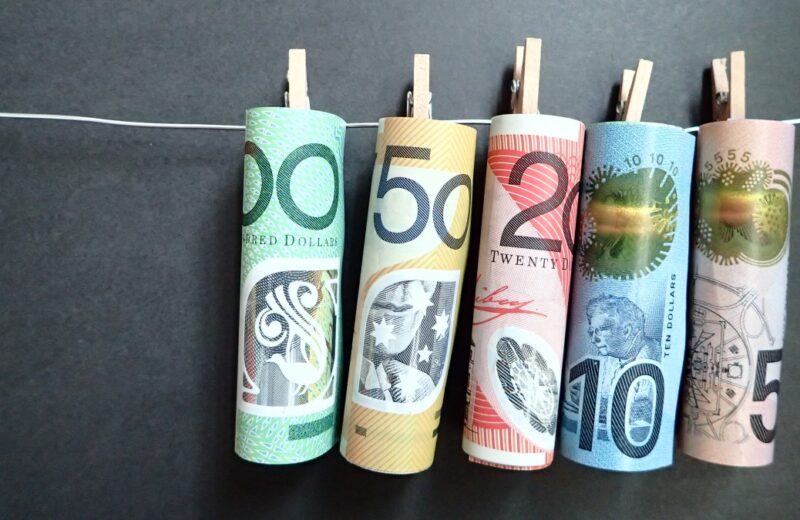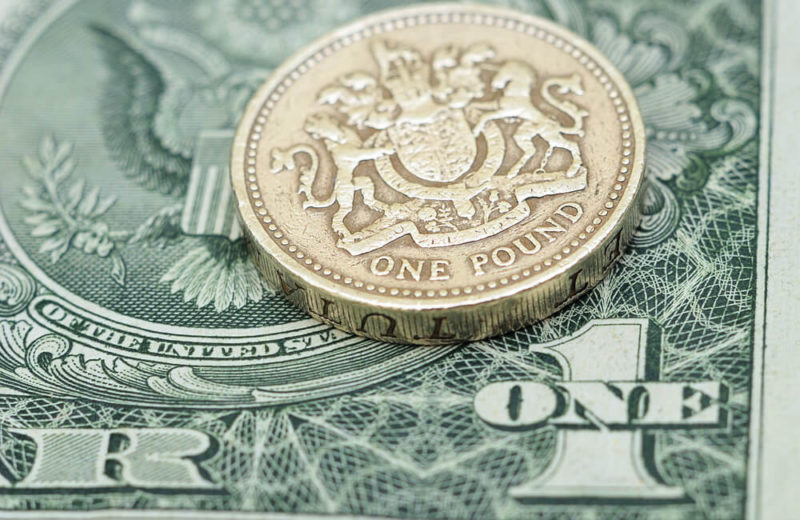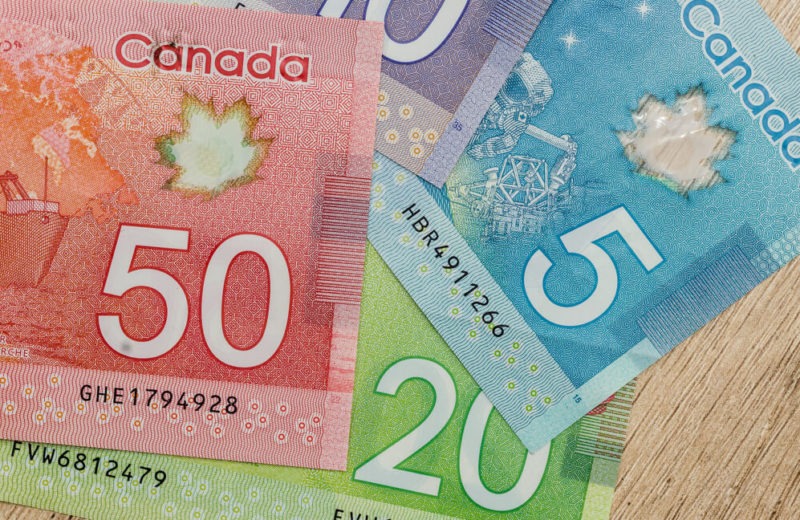Let’s check the meeting. The European Central Bank is holding its emergency meeting. Covid-19 is gripping the financial markets. Some investors are hoarding dollars.
The coronavirus pandemic sparked an investor’s flight into cash. Wild financial market volatility and worries are over tightening liquidity. Thus, on Thursday, against the major currencies, the dollar resumed its relentless climb.
Against the greenback, Sterling teetered near the lowest since at least 1985. The New Zealand dollar crashed to an 11-year low as investors dumped riskier assets; meanwhile, the Australian dollar slid to a 17-year low.
In response to the coronavirus outbreak, the European Central Bank announced an $817 billion (750 billion euro) asset-purchase program. Thus, against the pound and the dollar-euro briefly rose. Nevertheless, this effort was overwhelmed by a stampede into the dollar.
Currencies and Investors
The epidemic caused an unprecedented amount of uncertainty. It threatens to paralyze large swathes of the global economy. Thus, investors are selling what they can for keeping their money in dollars.
Junichi Ishikawa is the senior foreign-exchange strategist at IG Securities in Tokyo. He said that that is like what happened during the global financial crisis. Investors were selling what usually is considered as safe-haven assets.
The logic is the most significant hedge versus risk is holding your money in cash, adds Ishikawa. Thus, the dollar is being bought. The current investor uncertainty level is as high as it can be.
Approaching the strongest since at least 1985, the dollar rose 0.8% against the pound to $1.1528. It is because the rush into dollars left no currency unscathed.
Versus the New Zealand dollar, the greenback jumped 3% to an 11-year high. Versus the Australian dollar, it rose more than 3% to a 17-year high.
On Thursday, The Reserve Bank of Australia cut interest rates for a second time this month. It was after an out-of-schedule policy meeting.
It is the leading news of the market.
- Check-out MyForexNews comprehensive Review on TradersHome


